detail profile sinan yusufoglu
Peran Yang Di Mainkan Sinan Yusufoglu
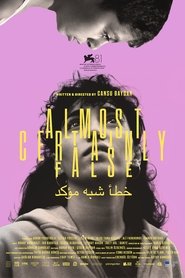 Having fled the war in Syria...
Having fled the war in Syria...Almost Certainly False 2024
Having fled the war in Syria, Hanna and her young brother Nader find themselves staying in a run-down neighbourhood of Istanbul. Hanna spends her days learning nail design in order to earn a living, while dreaming of finding a way to migrate to Europe. When she meets a Turkish guy, Ibo, on a night out, she finds herself trying to balance her identity and desires with the needs of her young brother.
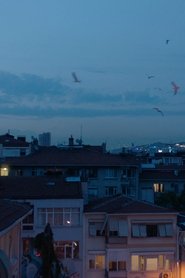 Rifat is in the preparation process...
Rifat is in the preparation process...Deceptive Depths 2023
Rifat is in the preparation process of a movie about strangers chatting at bus stops, together with his long-time friend and producer, Serhat. as Rifat gets more lonely and isolated, he reluctantly asks his brother in law for financial help. Rifat, who starts to face people around him even more closely as he does not get the reactions he expected during this process, gets lost in a vicious cycle in which he keeps changing the scenario for his film.
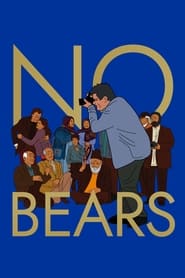 Iranian director Jafar Panahi who has...
Iranian director Jafar Panahi who has...No Bears 2022
Iranian director Jafar Panahi, who has been barred from leaving the country, arrives at a village on the Iran-Turkey border to supervise a film based on a real-life couple seeking passports to Europe being shot in Turkey, but both his stay and the production run into trouble.
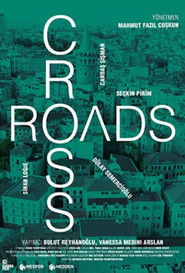 Turkish modern and contemporary art by...
Turkish modern and contemporary art by...Crossroads 2022
Turkish modern and contemporary art, by the West, is considered as Middle Eastern, but when it’s viewed from our own land, it is seen as Western. Our position as a bridge between the East and the West is not only geographical, but also cultural; and this bridge has been a home for many great civilizations throughout the history. This rich cultural heritage and diversity is the foundation of Turkish modern and contemporary art. Approaching the western world with a more realistic perspective has turned the gaze of Turkish artists to their own land, history, people and tradition. Additionally, the personal statement tendencies of new generation artists have developed their own expression and communication methods instead of emulating the current art developments in the West.
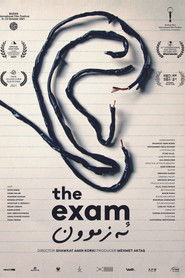 Rojin is a young Kurdish woman...
Rojin is a young Kurdish woman...The Exam 2021
Rojin is a young Kurdish woman about to take the university entrance exam. Rojin's unhappily married older sister Shilan decides to help her pass at any cost, hoping to give her a more emancipated life. Thus, the sisters inevitably become entangled in a huge network of corruption that connects all parts of society.
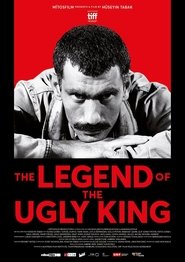 Director Hseyin Tabak explores the legacy...
Director Hseyin Tabak explores the legacy...The Legend of the Ugly King 2017
Director Hüseyin Tabak explores the legacy of Yilmaz Güney — political dissident, convicted murderer, and visionary Kurdish filmmaker — who directed the 1982 Palme d'Or–winning Yol from inside prison and died in exile just two years later.

